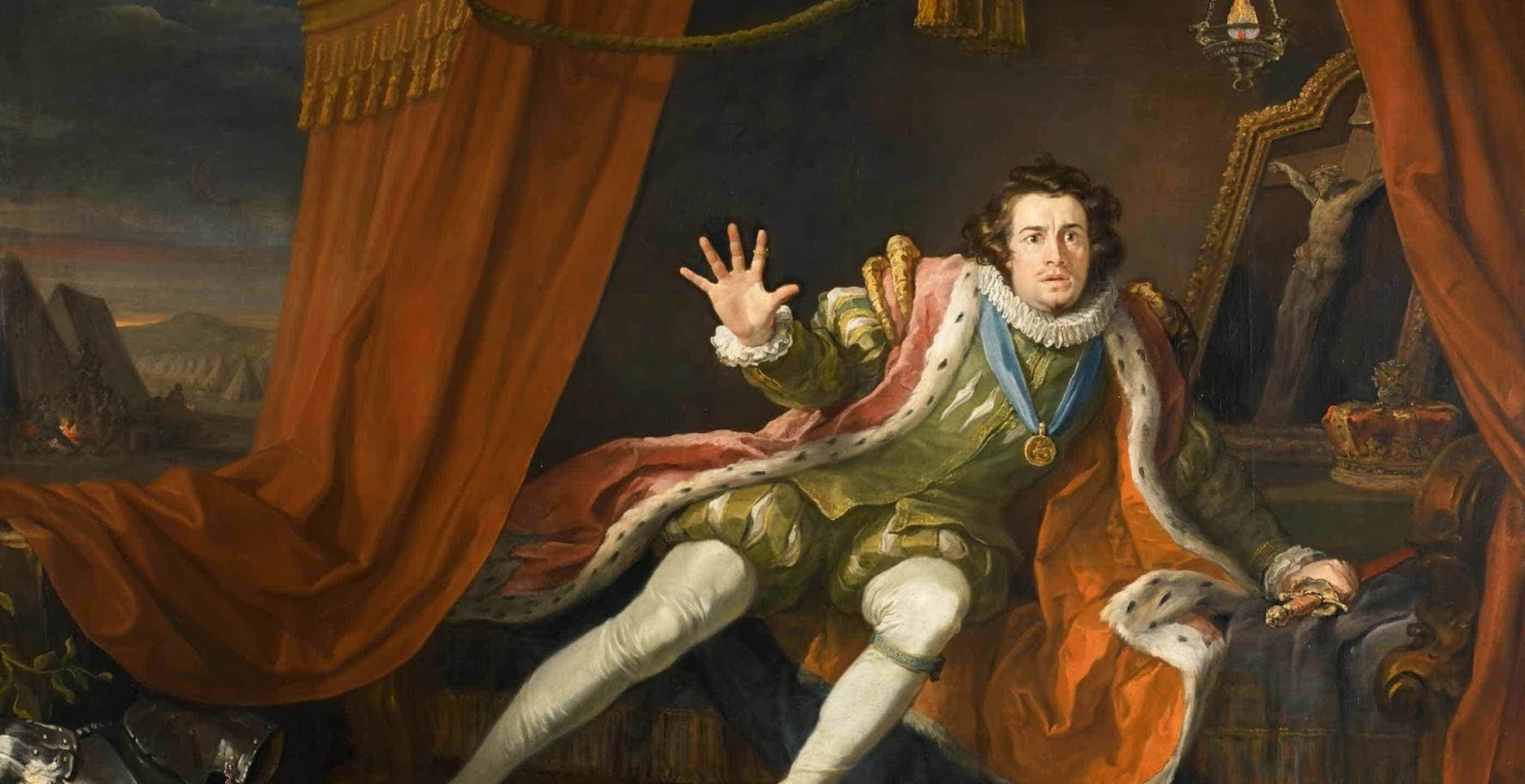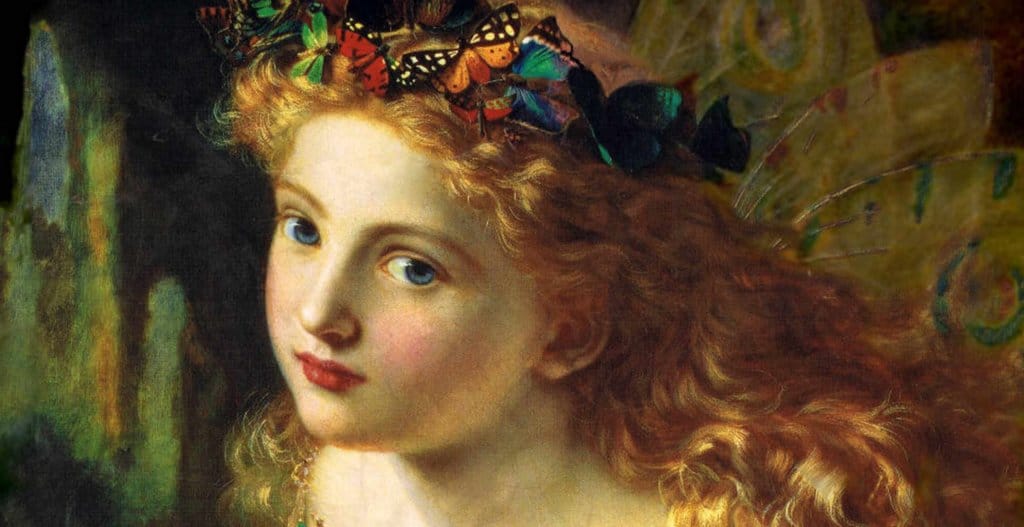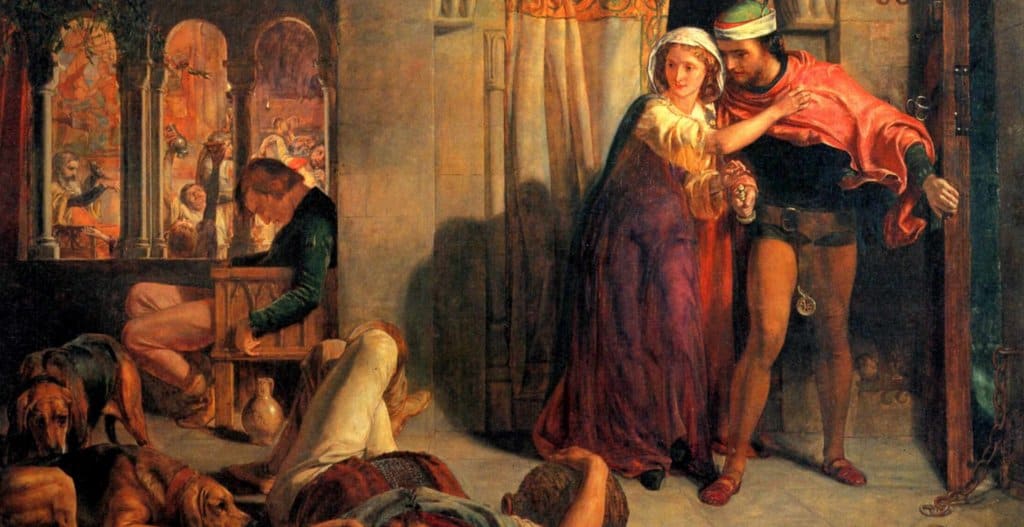Culture UK
Who are the British? Do they really drink tea, eat roast beef and Yorkshire pudding and never leave home without an umbrella? Find out more about true Brits; past and present, myth and legend, fact and fiction.
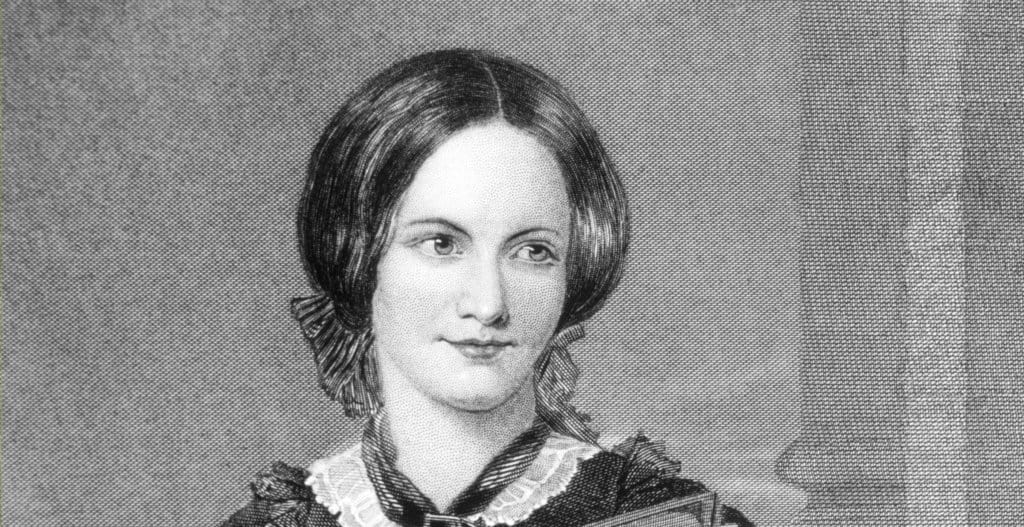
Charlotte Brontë
The eldest of the three Brontë sisters who survived into adulthood, Charlotte Brontë’s novels have become classics of English literature…
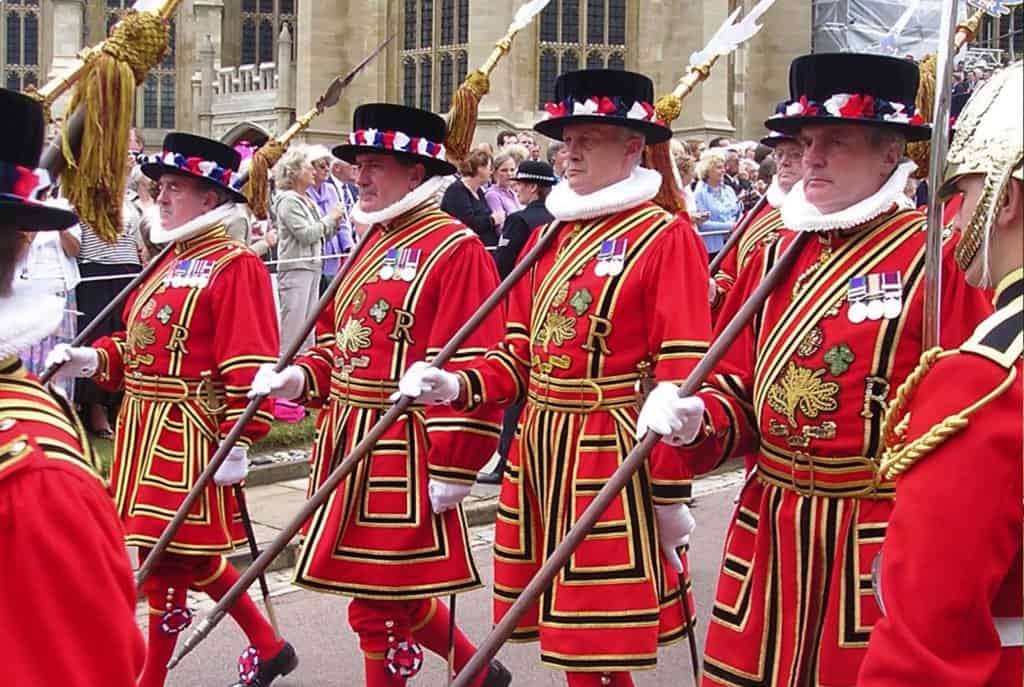
The Yeomen of the Guard
The first part of the ceremony of the State Opening of Parliament takes place out of public sight, when the cellars beneath the Palace of Westminster are searched by the Yeomen of the Guard, resplendent in their Tudor-style uniforms…
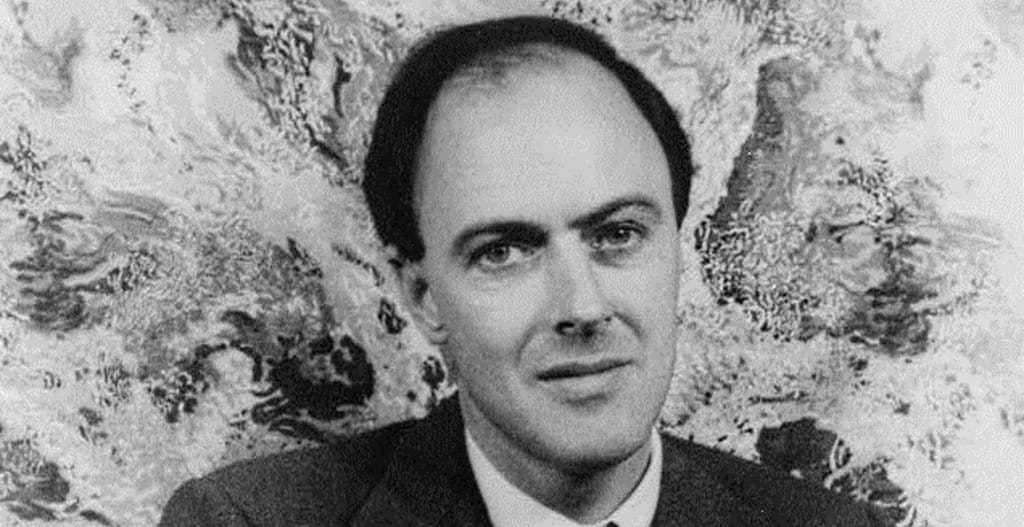
The Marvellous Life of Roald Dahl
Born in Wales in 1916, the life story of Roald Dahl reads like a film script…
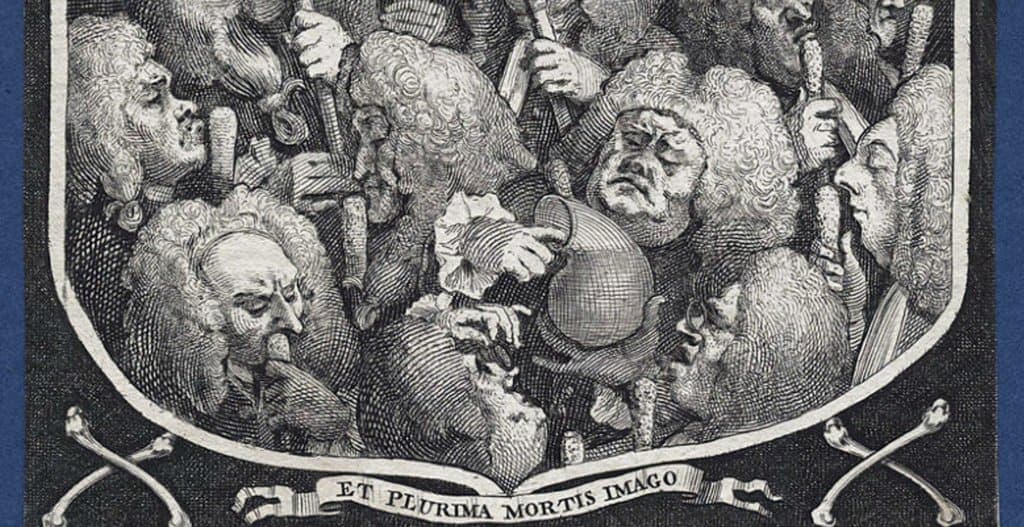
A Good Death – An Early Modern Obsession
In Early Modern England, the deathbed was a spiritual drama, a battle for the dying individual’s soul between the forces of God and the demons of Satan. If the individual died well, peacefully, with family and priest, then salvation was assumed to be theirs. A bad death, alone or in agony or without a holy man’s sacrament, was to be avoided at all cost…
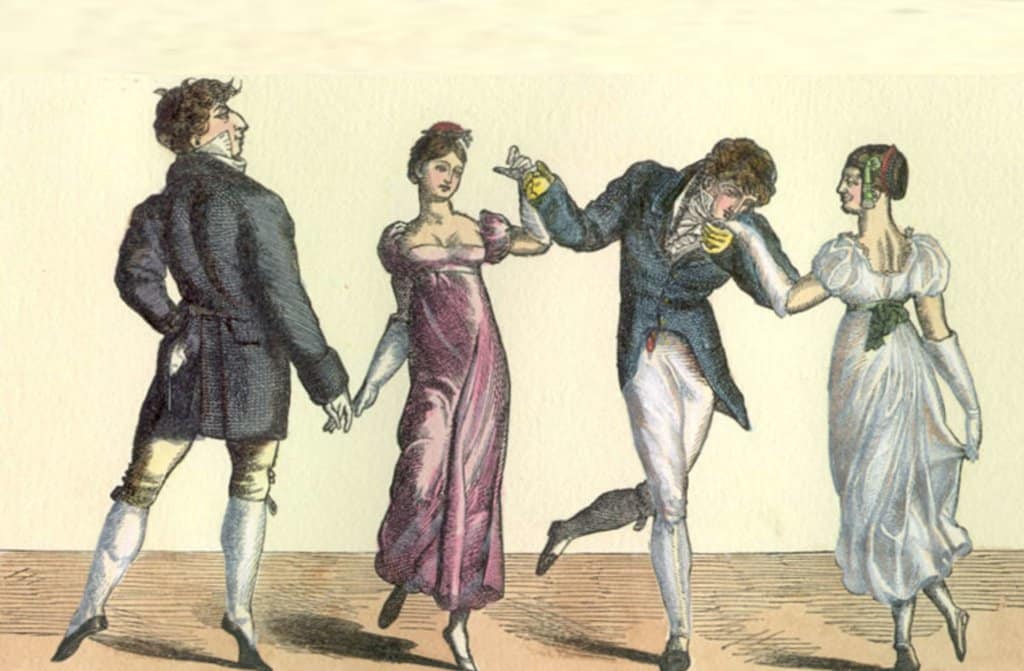
Assembly Rooms
Fans of Jane Austen will be well acquainted with that hub of the Georgian social scene, the Assembly Rooms…
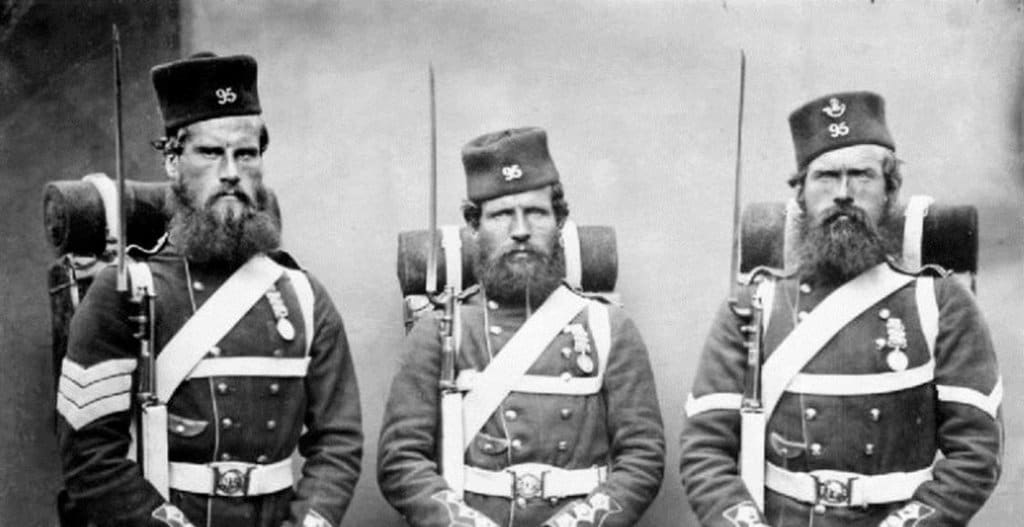
The Moustache to Rule Them All
Is it more than a coincidence that the rise and fall of Empire coincides with the rise and fall in popularity of the moustache? Between 1860 and 1916, Kings Regulations decreed that every soldier in the British Army was forbidden to shave his upper lip…
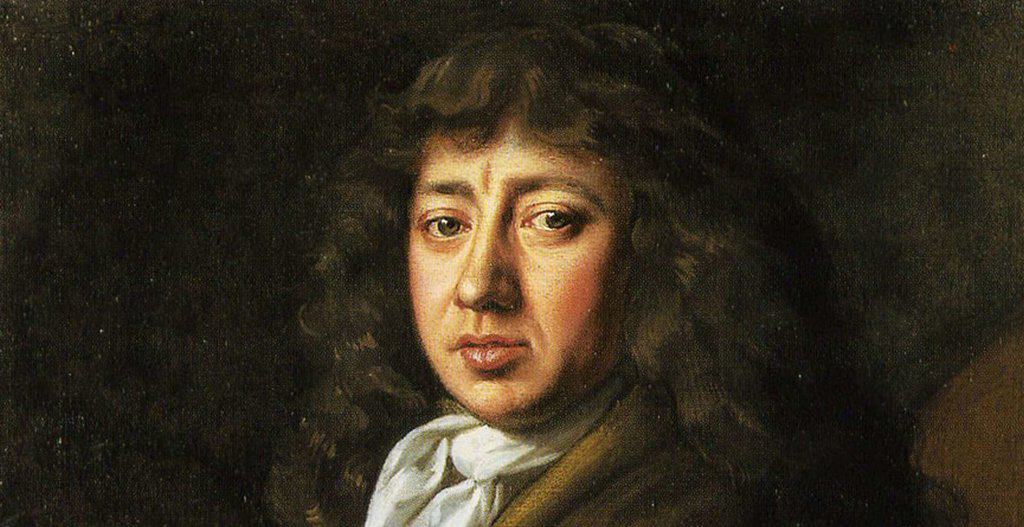
Samuel Pepys and His Diary
Samuel Pepys is best known for his diaries, written between 1660 and 1671, and his eyewitness accounts of major events such as the coronation of Charles II, the Great Fire of London and the Great Plague…
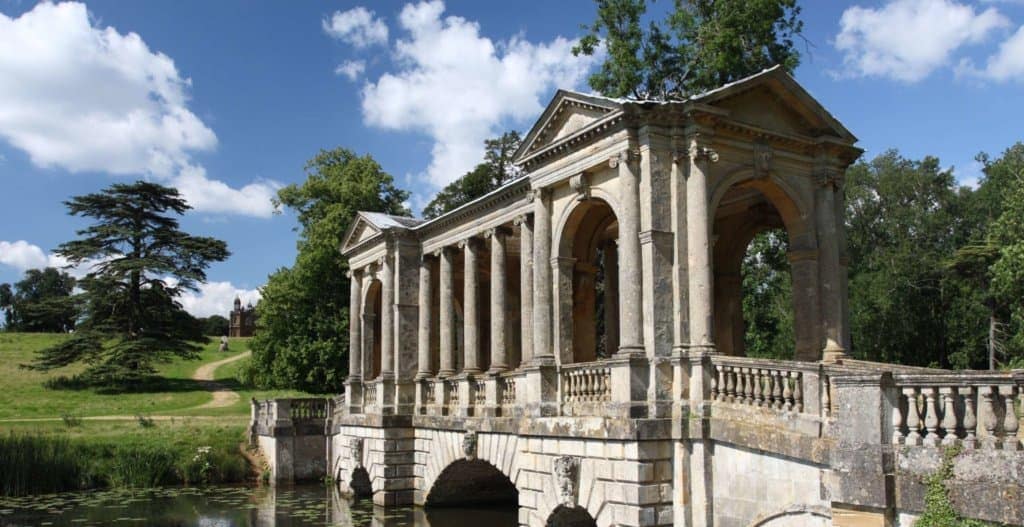
Lancelot Capability Brown
Lancelot ‘Capability’ Brown is single-handedly responsible for changing the landscape of 18th century England, creating magical gardens and vistas that we still enjoy today.
